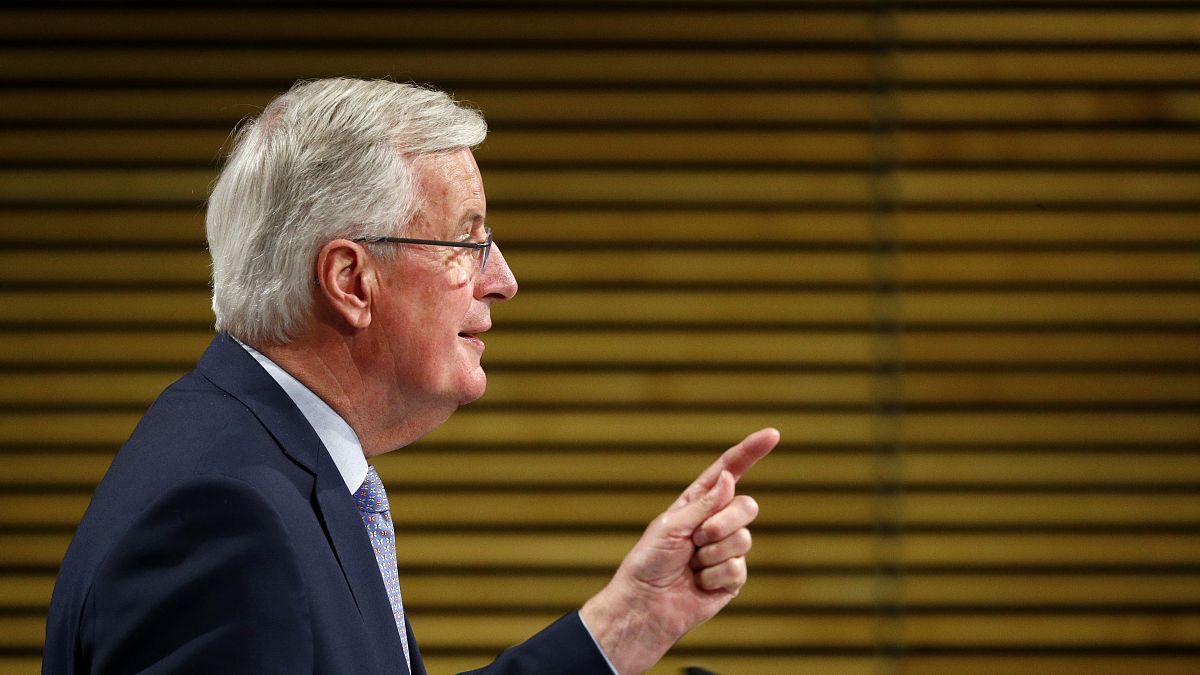Michel Barnier said the UK had to respect "to the letter" the commitments it originally made as talks resume on Tuesday under no apparent sign of progress. Meanwhile, the UK has ruled out any extension of the Brexit transition period.
After almost three weeks, Brexit talks are back on Tuesday.
The UK and the EU are looking for an agreement over their future relationship now that Britain has formally left the Union but remains tied to European rules for the duration of the transition period.
The previous round of talks showed little progress made by the two sides, and there are no apparent signs that the upcoming meetings, which will also be attended by UK prime minister Boris Johnson, will prove to be any different.
In an interview with the British newspaper The Times, the EU's chief Brexit negotiator Michel Barnier said that "the UK has taken three steps back from the commitments it originally made", adding that the EU wants the UK to respect them "to the letter".
The transition period is set to expire on December 31 this year, hence the UK and the EU need to reach an agreement by then or risk ending up in a "no-deal" scenario, which both sides have repeatedly claimed they want to avoid.
There is still the possibility to ask for an extension, at least until July 1, but the UK has categorically ruled out it will do so.
"We are not going to ask for an extension, and if the EU requests one, we will not accept it," British negotiator David Frost said on Thursday, May 28.
In a statement released on May 15, after the last round of meetings, Frost said the "major obstacle" in the negotiations at the moment is represented by "unbalanced proposals" that, according to Frost, would see the UK still "bind to EU law or standards" after Brexit - something which is "unprecedented in Free Trade Agreements", he added.
Barnier said that the EU was aiming for a free trade agreement without custom duties, for all goods.
In the Times interview, he called for "joint responsibility" from the EU and the UK, reaffirming however that Brexit is a "lose-lose relationship", in which the UK has more to lose than the EU.
"We are much less exposed than them because only 7 per cent of our exports go to the United Kingdom, when 47 per cent of British exports go to the EU," he said.
Simon Usherwood, Professor of Politics at the University of Surrey, says it’s difficult at this point to see any deal in sight because both sides are dug into their respective positions.
"You might find yourself in the autumn where you’re making some progress, you want to reach a deal, but you run out of time. And the way that this is structured is that by the end of this month, in June, you have to have made that decision about having more time," he told Euronews.
"So the timescales on this are a bit confused and not helped at all by coronavirus, which has really disrupted these negotiations quite badly and made it very hard to make even the minimal progress that we’ve seen so far."
Check out our Brexit guide for more details.
